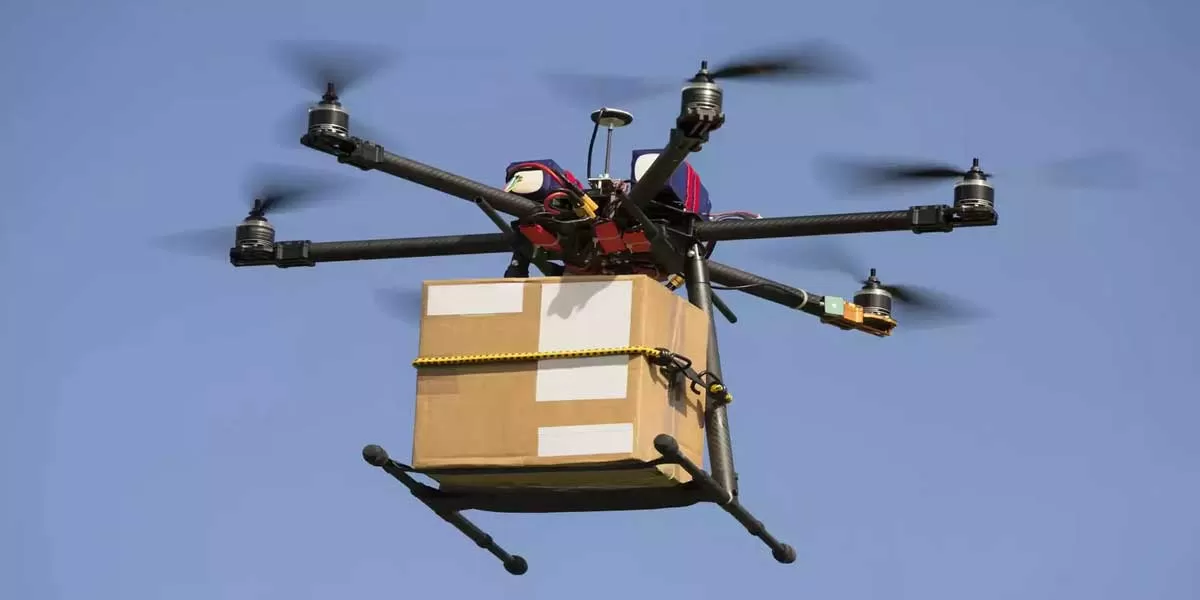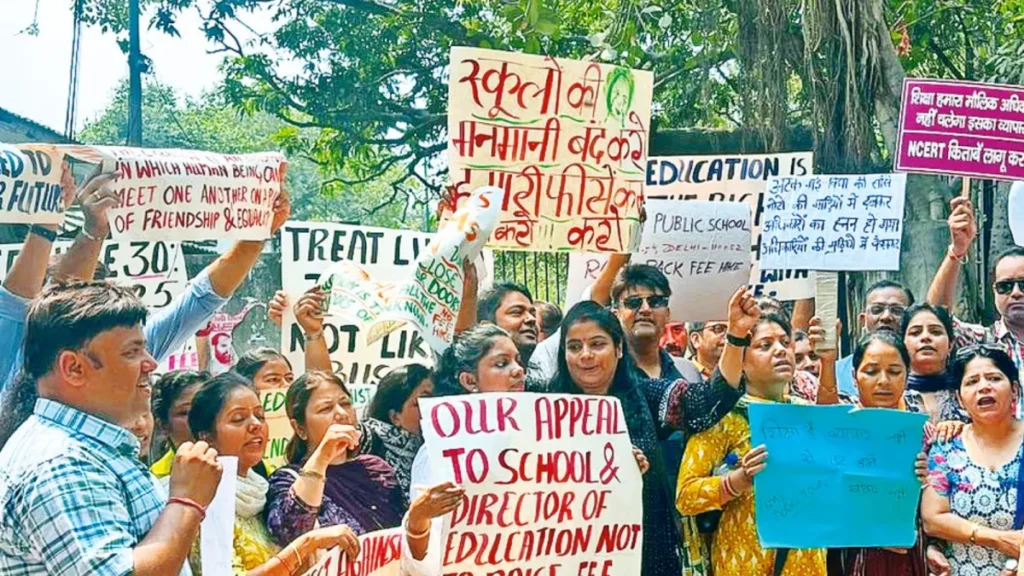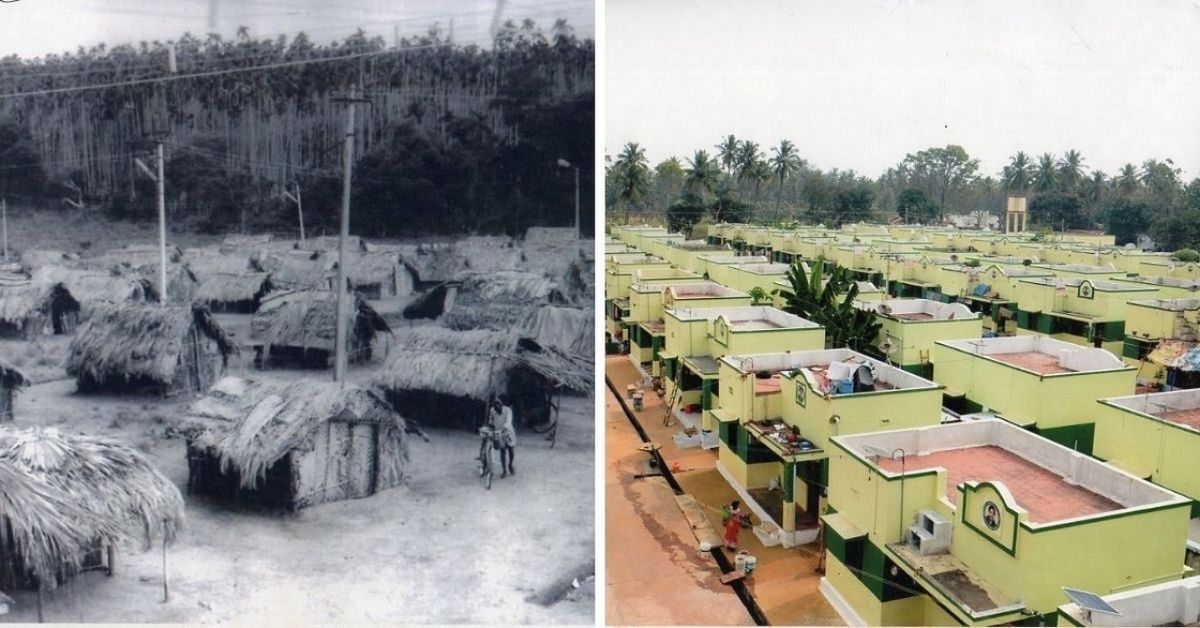Now Reading: India’s First Rural Drone Delivery Trial Successful in Chhattisgarh
-
01
India’s First Rural Drone Delivery Trial Successful in Chhattisgarh
India’s First Rural Drone Delivery Trial Successful in Chhattisgarh

In a significant step toward improving rural logistics, India successfully conducted its first drone delivery trial in a village in Chhattisgarh. The pilot, designed to test last-mile connectivity using drone technology, could redefine how essential goods are transported to remote and underserved areas across the country — especially in Tier 2 and rural regions.
This marks a turning point in bridging India’s rural-urban infrastructure gap.
The Trial: What Happened?
The trial involved the delivery of essential medical supplies by an unmanned aerial vehicle (UAV) to a village in the tribal belt of Chhattisgarh. Covering difficult terrain, the drone completed its journey within minutes — a task that would have otherwise taken hours via road, especially in areas with poor connectivity.
This initiative demonstrated how drone-based logistics could be a game-changer for healthcare, especially during emergencies or natural disasters.
Why It Matters for Rural India
Rural and remote parts of India often face logistical challenges — limited road access, monsoon-related disruptions, and lack of cold chain infrastructure. For such regions, especially in states like Chhattisgarh, Odisha, and Jharkhand, drones can offer quick, efficient, and contactless delivery of vital supplies.
The successful trial gives a glimpse into a future where villages could receive life-saving medicines, vaccines, or even documents without delay, bypassing infrastructure limitations.
A Push Toward Decentralised Tech Adoption
The trial also signals a shift in how new technologies are being tested and deployed — not just in metro cities, but in India’s heartland. Tier 2 and Tier 3 regions, once seen as slow adopters, are now emerging as testing grounds for scalable innovation.
It aligns with the larger push towards digital and tech-led governance in smaller towns and rural areas, making services faster, more transparent, and accessible.
Challenges and Cautions Ahead
While the trial was successful, experts caution that broader implementation will require careful planning. Regulatory frameworks, local airspace management, and community acceptance remain key challenges. Drones also need reliable GPS and weather-safe designs to function efficiently in diverse rural terrains.
Additionally, building local capacities — training operators and setting up maintenance hubs — will be essential for sustainable deployment.
Looking Forward
The success of the drone delivery trial in Chhattisgarh is more than a technological milestone. It’s a message — that rural India is ready for innovation, and that equitable access to modern solutions is possible beyond city borders.
As trials expand and regulations evolve, India may soon witness drones becoming a regular part of rural logistics, connecting even the most isolated corners with critical services and opportunities.

























